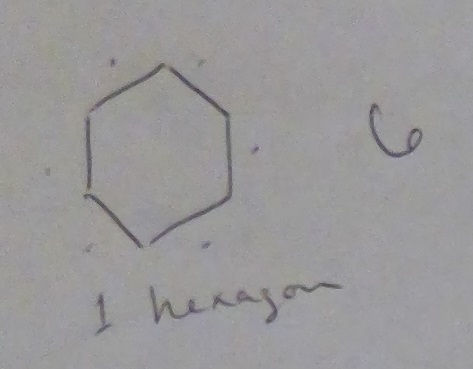Half of a Half of a ...
- Matt Felton-Koestler
- Nov 9, 2017
- 2 min read
M: What'd you do in math today?
P: Doubles and halves.
M: Really, what numbers did you do half of?
P: 1, 2, 3, 4, 5, 6, 7, 8, 9 ,10
M: You did half of three?
P: Yeah... oh, no. Not 3. I mean 2, 4, 6, 8, 10.
M: But I bet you could do half of 3. How much is half of 3?
P: One and a half.
M: Okay, I have a question. What's half of that? [what's half of one and a half?]
P: hmmm... a half and a quarter?
What I thought: Holy s--- that's an amazing strategy. He split the one to get a half and he split the half to get a quarter!
What I said: How'd you get that?
P: I don't know, I just kind of guessed something.

The Importance of Questioning All Kids
Parker is pretty good at math. It would be easy to assume that when he gets the right answer it's because he knows what he's doing. But that's not always the case. Kids sometimes get the right answer for the wrong reasons. In other cases they get the right answer, but they don't really understand why their strategy works or they can't explain it or make connections to important mathematical concepts.
Conversely, in other cases, kids may get the wrong answer but still have really strong mathematical thinking that you won't see if you don't ask them about their thinking. So it's important to question everyone, because you learn a lot more about their thinking by doing so.
Another reason to question is because explaining why is arguably a better example of doing mathematics than computing an answer. So you need to ask kids why and how a lot. It should be a normal question whether they got the answer right or not, so you have to ask it with a poker face. If kids can tell they are right or wrong either by your face or by the simple fact that you are asking about their strategy, then something is not right. That's an indication that math has become a guessing game to please the teacher instead of an activity where we think about and explain why things work the way they do.
Leave a Comment!
Short URL for this post: https://goo.gl/hBoCe1


Comments